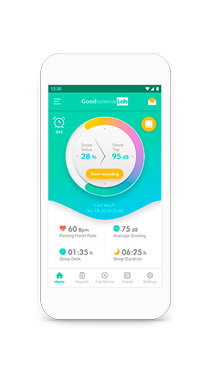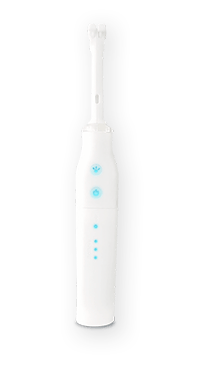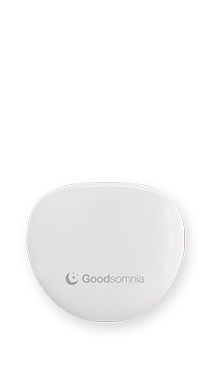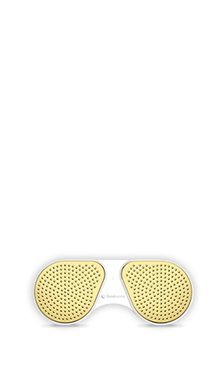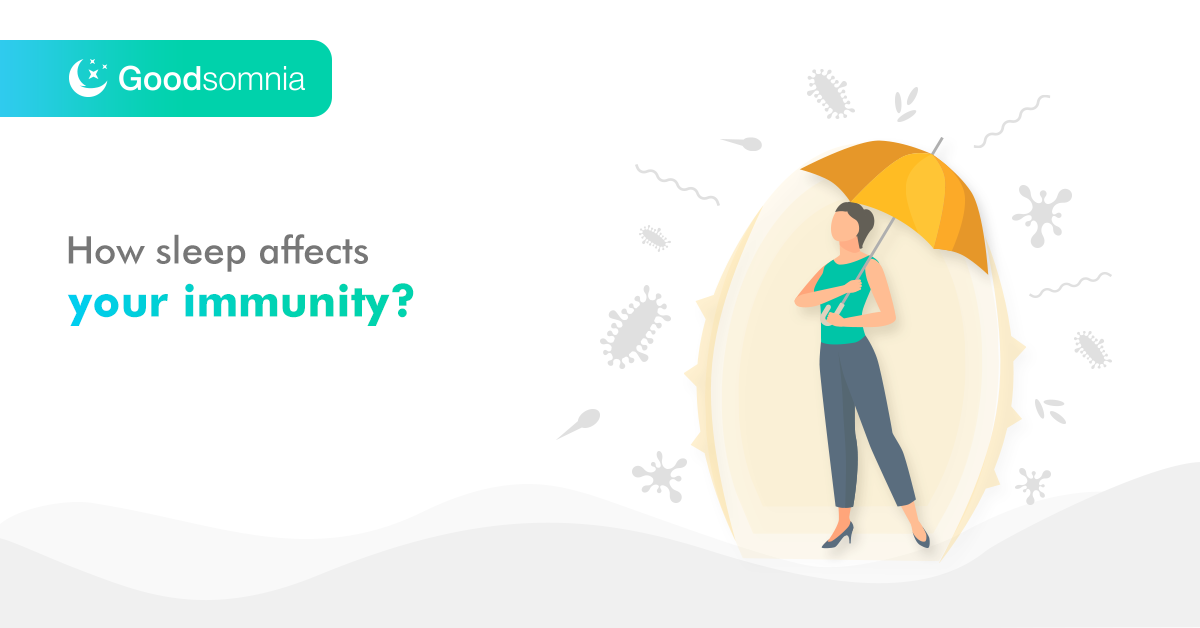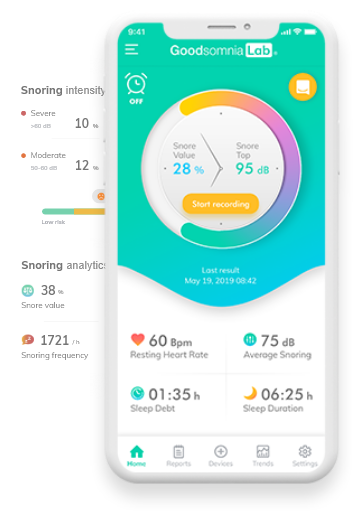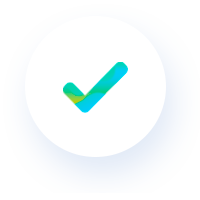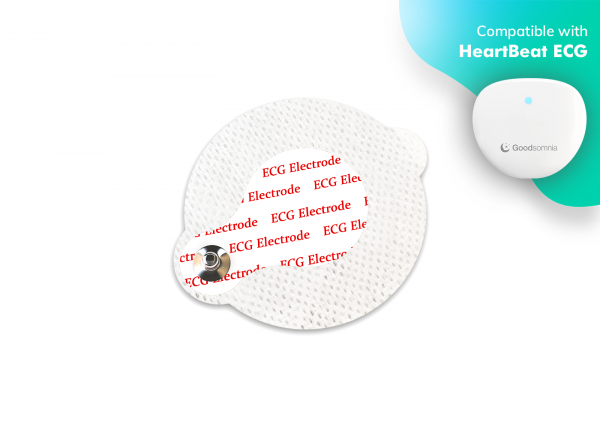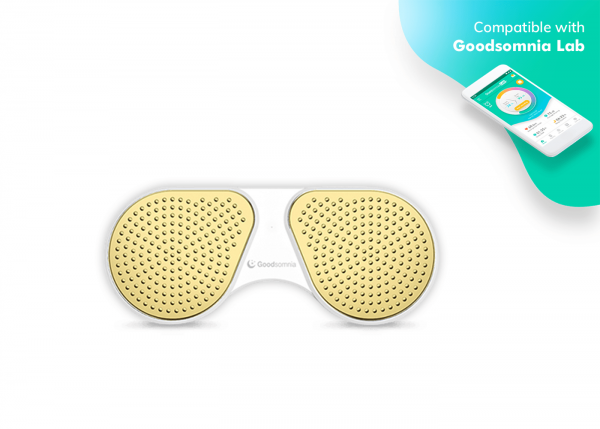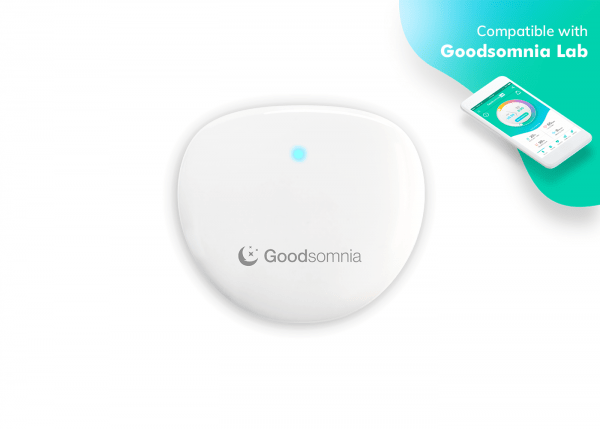Got sick, go to bed. Bad mood, go to bed. Broke up, bed. Sleep is the best medicine. It’s true. If you don’t believe sleep is a first aider remember what you want first when you feel sick. Rest and sleep. It’s a normal bodily reaction to infection. Sleep patterns change when you get sick to help your body fight disease. Let’s look at the connection between sleep and immunity.
Sleep and immunity
Why do we feel exhausted, weak, and tired when the first symptoms of disease arise? The answer: cytokine proteins that regulate sleep and immune system health. When you’re sick, cytokines target infection and inflammation and create an immune response at that moment. While we should be thankful to cytokines for activating our immune system, more importantly, they’re produced and released during sleep. So sleep boosts immunity.
Now, imagine what damage you do to your body by skipping rest. To provide more evidence of the complex relationship between sleep and immunity cytokines, here’s what happens during sleep. Cytokines promote NREM sleep: during this stage, heart and breathing rates slow down, eye movements stop, and brain waves become slower. When you’re sick, NREM sleep is fragmented, and our body demands an immune system response to infection by conserving energy. So healthy sleep could help protect you from disease.
How much sleep do we need
To keep your body safe and sound, especially during infection, give yourself 7-8 hours of healthy sleep every night. This will be enough to feel fresh and energetic during the day but as it was said: “The amount of sleep required by the average person is five minutes more.” Although, sleep time and health is a personal thing, there are some recommendations you should follow if you feel the need to sleep a tiny bit more.
- Naps are allowed but no more than two a day, each no longer than 30 mins. It’ll help you decrease stress, improve sleep, boost the immune system and recharge your batteries.
- Siesta is an option. If you can’t catch a nap, take a 20-min siesta on your lunch and one before dinner.
Don’t feel guilty about having a nap or siesta. It’s relevant and useful to practice small-healthy strategies, listen to your body, and take a rest for some time.
Remember, sleep and immune function are linked. Underestimating and spending the time to the detriment of sleep is unwise. Even if you catch a cold or seasonal sniffle, rest can help you bounce back faster. So, respect your body.

